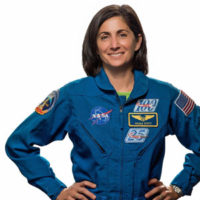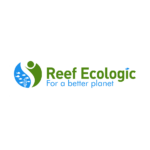
Students will visit Brisbane and Cairns, participating in adventure-based activities allowing students to feed their curiosity and find their path.
CASE aims to create a wave of passion in students to pursue a future in STEAM and become more focused and inquisitive.
CASE Junior Ocean School
Ocean Exploration for Young Adventurers
-
Location
Brisbane, Cairns Australia
-
Duration
12 Days
-
Open to Student
12 years and above
Program Framework
Built on the foundation of the 7 Survival Skills by Harvard Professor, Tony Wagner, the program offers three key pillars of learning: engaging in ocean STEAM activities, inspiring personal and leadership development, and immersive cultural experience.
CASE Junior Ocean School will create a wave of passion in students to pursue a future in STEAM and give them the skills to make it a reality.
Ocean Exploration for Young Adventurers
Engaging Ocean STEAM Activities
Inspiring Personal and Leadership Development
Immersive Cultural Experience
Seven Survival Skills
Transportable Skill Sets
Program Benefits
Doing and Acquiring Skills
Through engaging and hands-on experiential learning, students will experience exclusive, once-in-a-lifetime activities, including ocean ecologist fieldwork, marine life DNA analysis, marine mammal observations, organism identification and lab work like a marine biologist.
Inquiry-based learning and problem-based learning will enable students to find untapped passions and talents within themselves to succeed in their future studies and endeavours.
Cultural Immersion
Witnessing and experiencing how different cultures uniquely express themselves, encourages students to see things from different perspectives. In addition to participating in modern Australian lifestyle activities such as surfing and beach volleyball, students will also learn from the world’s oldest living civilization, the Australian Indigenous Aboriginal people.
This develops a more culturally aware individual and prepares students for life in the 21st century.
Amazing Locations
A ‘classroom’ like no other awaits all CASE Junior Ocean School participants. Students will visit islands including Fitzroy and North Stradbroke, jump into the waters of the Great Barrier Reef, one of the 7 natural wonders of the world and discover the mysteries of the oldest rainforest.
In the world, the Daintree. Brisbane offers students a vibrant metropolitan lifestyle and Cairns is a seaside escape with the Coral Sea at their feet. A visit to the Queensland University of Technology offers an insight into a world-class learning environment.
Inspirational Speakers
An unforgettable experience awaits all CASE Junior Space School students. During personalised presentations and special events, students hear directly from guest speakers including astronauts, NASA scientists engineers and CASE Special Adviser Ms Nicole Stott.

Ms Nicole Stott, former NASA Aquanaut and Astronaut, is the Special Adviser to CASE. Nicole holds a world record for living underwater for 18 days, and is a veteran of two space flights and 104 days working in space on both the ISS and Space Shuttle.Nicole is a believer of the inner space/outer space connection and its power to encourage appreciation and action for our planetary life systems.

Michael Aw is an author, explorer and conservation photographer. His accolades include winning more than 65 international photographic awards and being named as one of the world’s most influential nature photographers by Outdoor Photography.

Tom Denniss has a PhD in Mathematics and Oceanography and has been involved in the wave energy industry for more than 25 years. Tom invented the technology of Wave Swell Energy, the world’s leading proprietary technology that converts the energy in the ocean waves into clean and zero emission electricity.

Dr. Edwina Tanner is the Project Manager for the World Harbour Project and coordinator of the Marine Studies Institute at the University of Sydney. Her research in climate science focuses on carbon emissions, budgets, and dynamics in estuaries as well as hydrodynamic modelling. Edwina works in different locations across global harbours and ports that all have similar water and sediment quality issues.

Brett Lewis is a PhD Student at the Queensland University of Technology, science communicator and council member for the Australian Coral Reef Society. Brett’s work uses advanced imagining and sampling techniques to capture unique and previously unknown coral science and behavior that otherwise could not be discovered.
Personal Development
Throughout the expedition, students engage in mPOWER modules aimed to provide principles and guidance for their future endeavours. Students will learn the growth mindset, a concept developed by Prof. Carol Dweck of Stanford University.
Students will learn to:
01.
Embrace challenges
02.
Be inspired by the success of others
03.
Believe talent and ability can be developed
04.
Adopt an “I want to keep improving” attitude
05.
View failure as a chance to grow and persist despite obstacles
06.
Learn from criticism
07.
Understand effort leads to success
Cooperative Program Partners










